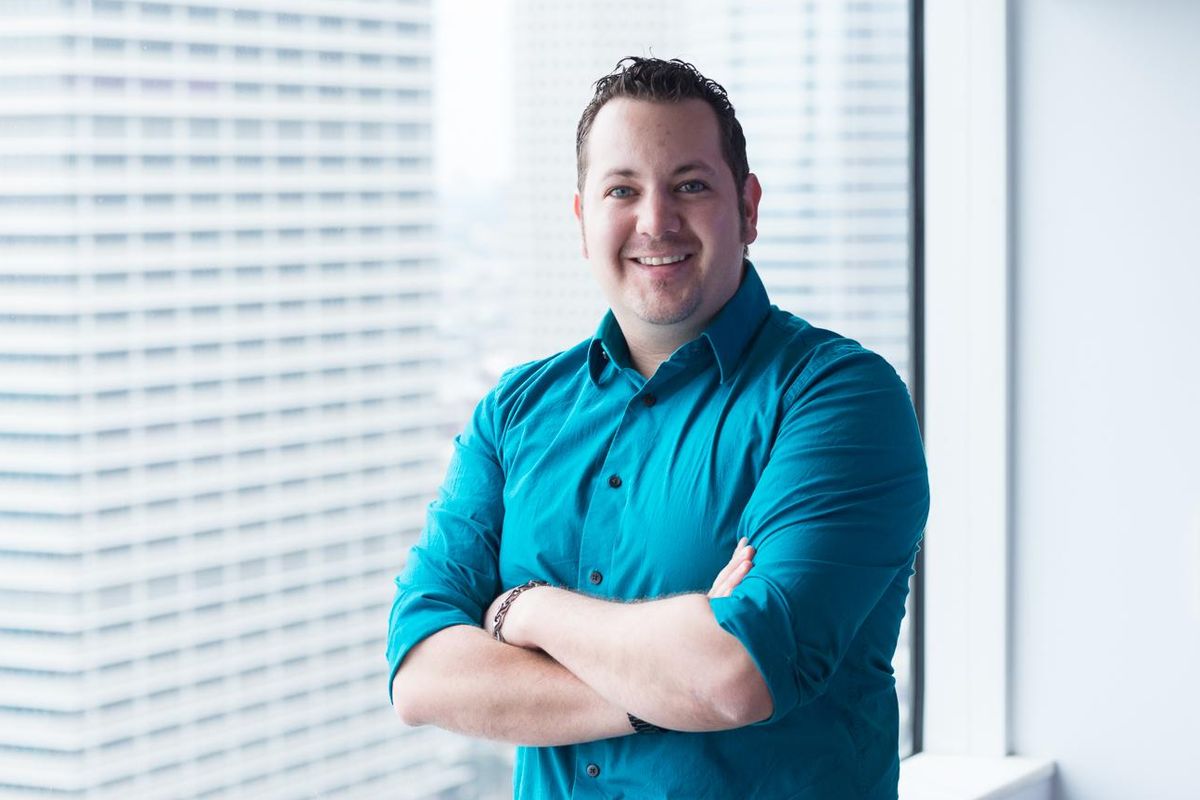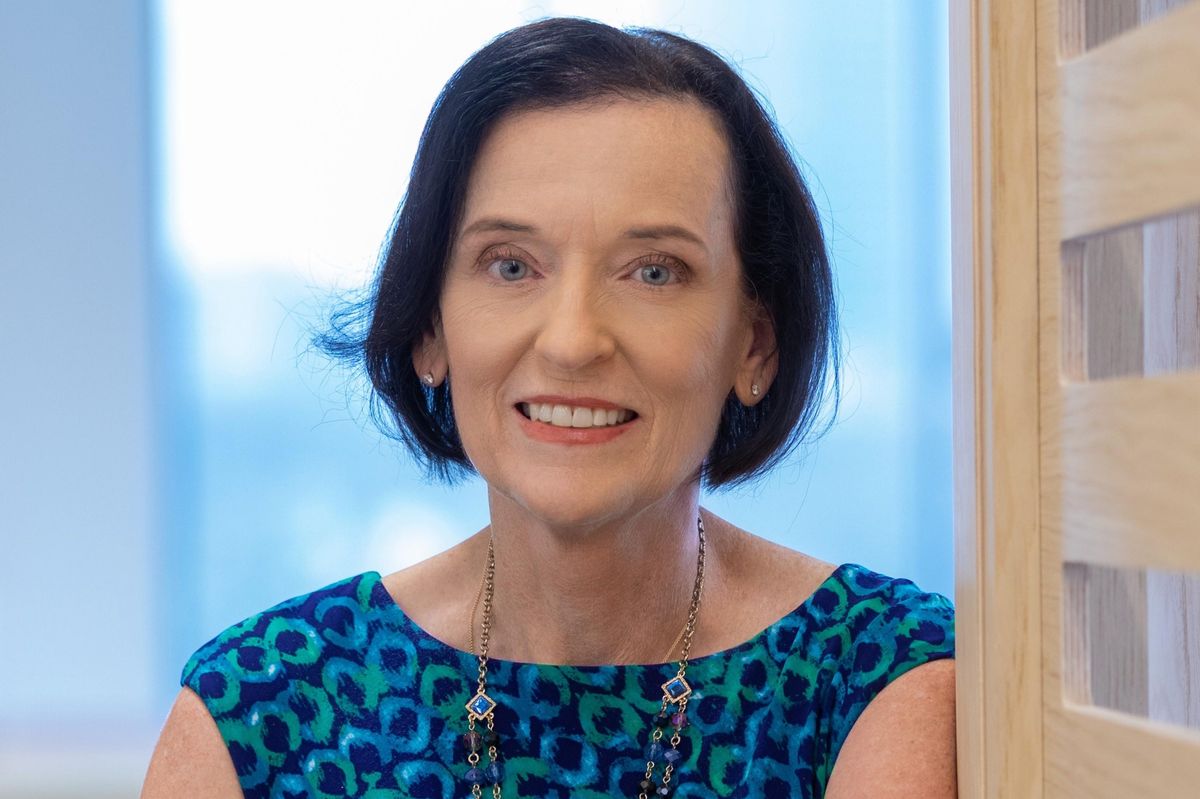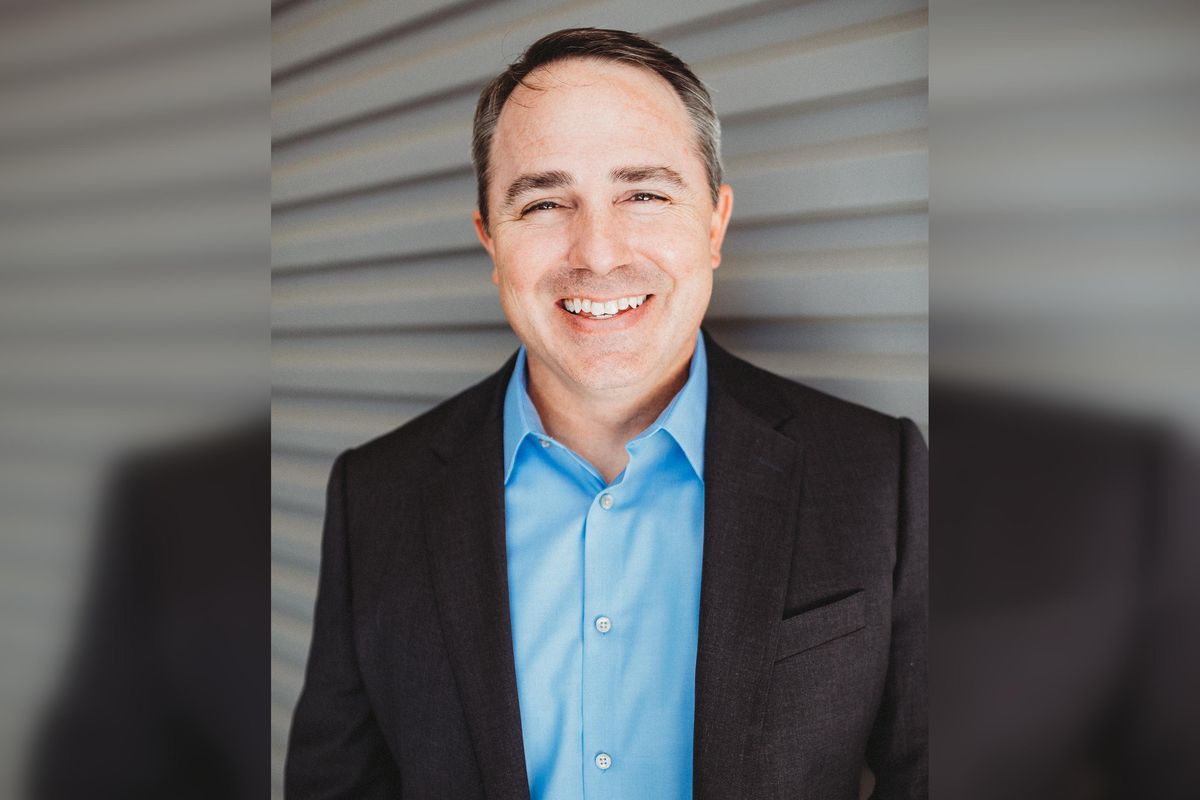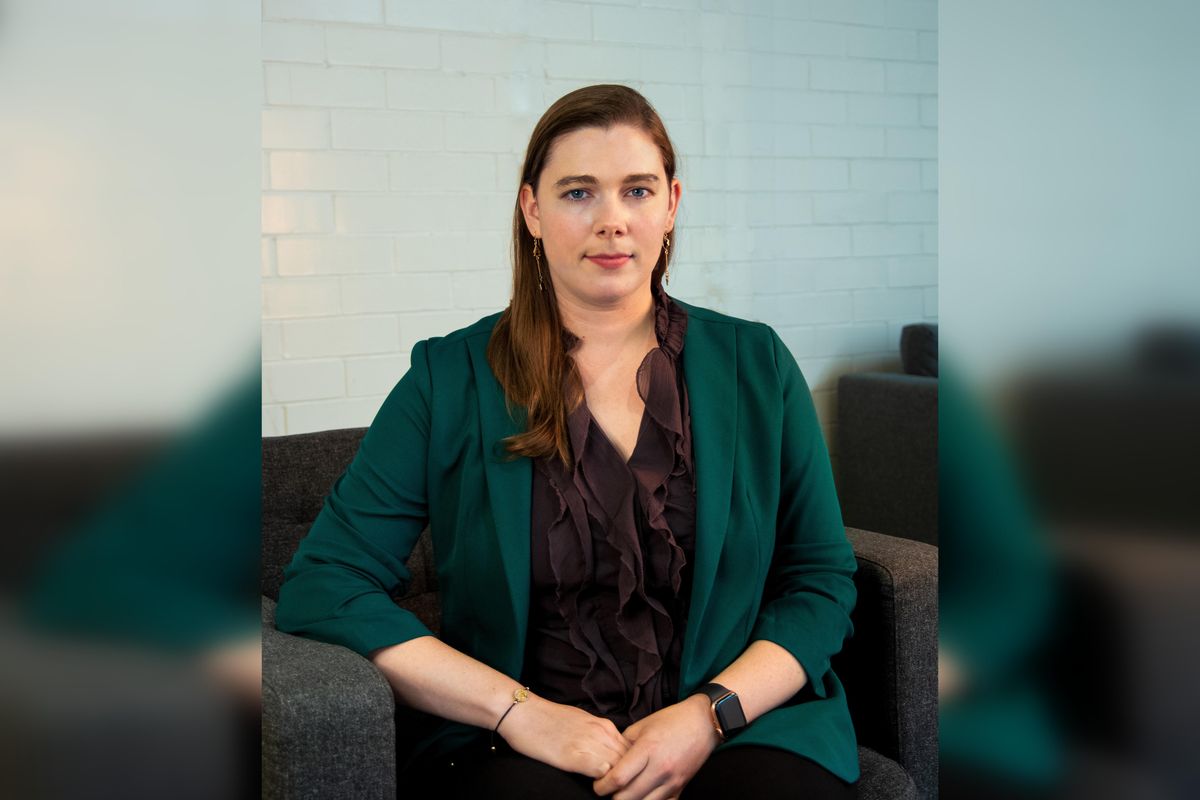A Houston early-stage accelerator has named 22 startups to its latest cohort.
Softeq Development Corp. has announced the companies joining the Softeq Venture Studio, the tech services company's accelerator program. A total of 22 companies have joined the program — hailing from the United Kingdom, Iceland, Mexico, Peru, and across the United States. This addition nearly doubles the program's portfolio, bringing the total number of startups to 49.
“This year has been a significant one for the Softeq Venture Fund and our portfolio companies. Due to the hard work of our team and the success achieved by previous founders, we’ve seen our investors and our entrepreneurs evolve to be more global than ever, and with more ambitious plans to revolutionize their industries," says Christopher A. Howard, founder and CEO of Softeq, in a news release. "We continue to attract world-class founders to Houston for our program that de-risks startups and investments."
Howard also announced a new limited partner. Houston entrepreneur Craig Ceccanti — co-founder of Pinot’s Palette and Rivalry Technologies — is the latest investor to join the $40 million Softeq Venture Fund, which is anticipated to close by the end of the year.
“Investors constantly search for opportunities that balance opportunity and risk, and ones that help us grow and maximize returns while maintaining a measure of stability and diversification,” says Ceccanti in the release. “Joining the Softeq Venture Fund is an exciting opportunity because it provides a de-risked investment opportunity plus the ability to participate in a hands-on fashion in Houston within these high-growth industries.”
The trend among the new cohort joining the program for the next three months includes health tech, sports tech, fintech, e0-commerce, Web 3.0, and more. Participating starups will have access to FUSE Workspace, as well as support and guidance from Softeq Venture Studio staff, Softeq engineers, local mentors, investors, and earlier cohort members.
“During our startup journey, we participated in leading technology accelerator Y Combinator. Later on, we realized through our users’ feedback we needed to improve our product with additional technology expertise and support to reach our full potential,” says Gerardo Briones, founder and CEO of new cohort startup Pagaloop of Mexico City. “That’s why we chose to participate in the Softeq Venture Studio. Softeq engineers have experience building enterprise-grade applications that scale up. We also get more opportunities to meet investors to bring our product to all of Latin America.”
The complete list of the new cohort of the Softeq Venture Fund, according to the news release, includes the following companies:
- Adkaddy gets brands out of your email and into a powerful brand management tool. From discovery to promotions, shipping and receipts, this is digital commerce your way.
- Allkind is benefiting reproductive healthcare globally by innovating fertility matching, empowering personal goals & improving modern family building.
- atease is where 133 million government and military employees with strict rental requirements find approved, affordable, and reimbursable lodging options.
- Boxes provides convenient, space-efficient, highly measurable, sampling and trial vending technology for premium CPG companies looking to reach customers where they shop and live.
- Hapi is a stock trading platform with no minimums and no commissions focused on consumers in Latin America.
- HelloDoctor puts qualified, responsive, and affordable doctors on the screens of 89 million cell phones of patients in Mexico. Healthcare just got better in Latin America.
- Hightag is an automated media capture and delivery system that helps mountain bikers, skiers, and other action sport athletes capture and share their greatest moments.
- IncentiFind is the nation’s go-to database of green building incentives, transforming U.S. real estate through $70 billion in incentives.
- JamFeed aggregates artists' social media and music streaming content into an automated no-code website where artists can control their brand, their business, and their relationship with fans in one platform in less than 5 minutes.
- Lesson Squad helps brands turn their customers into loyal users by creating a branded hub where customers can take lessons, enter competitions, and discover products.
- LVED is an easy to use expert guided platform that provides everything families need to plan, organize, legally document end of life wishes, and memorialize loved ones.
- Mesada is a digital remittance company that is utilizes blockchain technology to offer fast, efficient, and easy money transfers throughout the Latin American region.
- Motusi is a whole-body wearable with AI to generate deeper insights related to movement quality and injury insights to help athletes progress in their performance or recovery.
- MyShoots is an app for shooting sports organizations to connect with and market to their clients more efficiently, while allowing field-sports brands to connect with their customers.
- Pagaloop is a fintech company that allows Latin American businesses more control over their cash flow when performing B2B transactions.
- RESCUNOMICS offers a mobile app that helps save lives by expediting rescuer protocols and providing visibility into building floor plans and more.
- sEATz connects fans to concessions and merchandise for in-seat delivery or pick-up reducing concession lines, increasing throughput, improving sales, and driving fan satisfaction.
- SpecsX is transforming eye care into a virtual care model reducing costs, inconvenience for patients and providers, and giving everyone access to perfect vision.
- Struttur Sports is an NFT platform where athletes share their experiences by connecting and combining digital and In Real Life events to create the deep interactions sports fans crave.
- Svarmi is a digital platform that defines and prioritizes areas where business and progress influence nature providing meaningful, insightful metrics and proof of regulatory compliance.
- SynvergySvn digitizes the movements of athletes with integrated wearables like the J-Sleeve so players, coaches, and trainers can diagnose muscle memory and improve repeat performance.
- WulfTech protects and preserves the health of high-value K9 working dogs through smart wearable technology for government agencies, the military, and first responders.
The Softeq Venture Studio announced its inaugural cohort a year ago, and the fund was launched earlier this year. In August, Softeq expanded to New Hampshire to reach more startups and entrepreneurs.

 The myEATz app is available now. Image courtesy of Rivalry Tech
The myEATz app is available now. Image courtesy of Rivalry Tech







 Apple doubles down on Houston with new production facility, training center Photo courtesy Apple.
Apple doubles down on Houston with new production facility, training center Photo courtesy Apple.